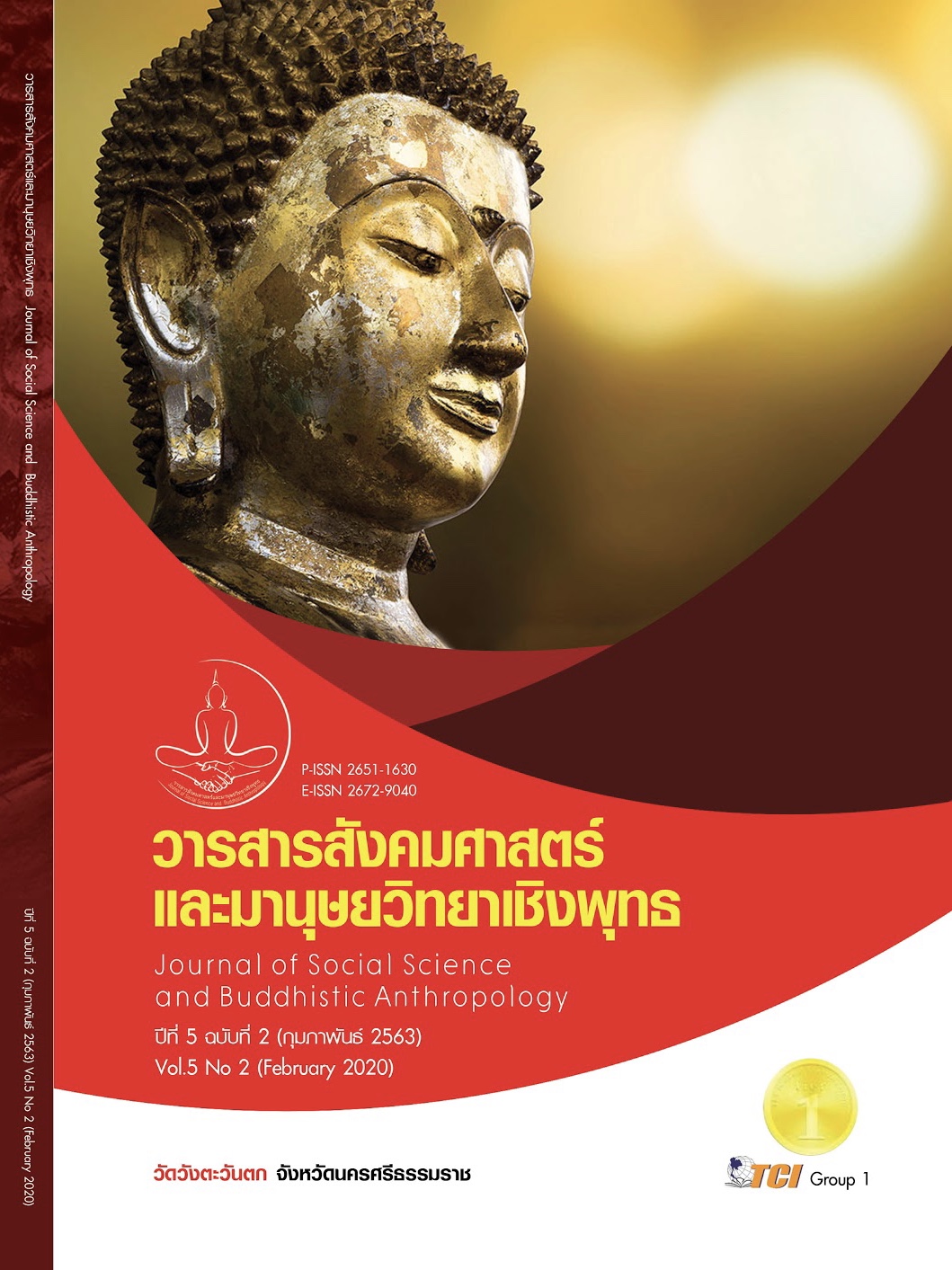LEGITIMACY AND ORGANIZATIONAL CHANGE OF THE DEPARTMENT OF SPECIAL INVESTIGATION
Keywords:
Legitimacy, Organizational Change, Department Of Special InvestigationAbstract
The objectives of this research paper are as follows: 1) to study the legitimacy according to the basic principles of good governance and public administration. 2) To study the Department of Special Investigation regarding the organizational change to maximize benefits and to meet the vision requirements. Mission and 3) to compile problems, suggestions, justification and organizational change to keep up with social problems with efficiency cool, modern and universal it is a qualitative research. By using in-depth interviews, observation and data from Social Media. The main data providers are divided into 3 groups, which are 1 group of government officials at the executive level of the Department of Special Investigation, 2 groups, 2 professors or scholars and former staff of the Department of Investigation. Special for 3 persons and group 3, data from Social Media, consisting of 15 events, involving 30 people, totaling 35 people and analyzed for data.
The results reveal that: 1) The Department of Special Investigation and Legitimacy is the administration of the organizational change of the Department of Special Investigation of Legitimacy must have 6 important components which are 1) Adherence to the rule of law 2) stick to the rule of law 3) morality 4) ethics 5) morality and 6) good governance If missing one element Considered to lack legitimacy in which the Special Case Investigation Officer must have honesty, diligence, patience, discipline and being honest until it becomes a habit Ethical Including creating professional ethics 2) The organizational structure of the Department of Special Investigation has a vision. Is a vision of the future of leaders and groups in the organization and the importance of human resource development in the organization Training is a form of human development because "people" are the driving force of organizations that want to develop their potential and increase their knowledge, abilities, skills and personality development continuously. To keep up with the current and future technology world
References
บุญทัน ดอกไธสง. (2562). รัฐประศาสนศาสตร์เปลี่ยนโลก. พระนครศรีอยุธยา: โรงพิมพ์มหาจุฬาลงกรณราชวิทยาลัย.
วิชัย ทิตตภักดี. (2559). เอกสารวิชาการส่วนบุคคล หลักนิติธรรม. กรุงเทพมหานคร: สำนักงานศาลรัฐธรรมนูญ.
ศรุดา สมพอง. (2559). นักการเมืองท้องถิ่นจังหวัดกาฬสินธุ์. กรุงเทพมหานคร: สถาบันพระปกเกล้า.
เอกพร รักความสุข. (2559). การวิจัยเชิงคุณภาพหลักการและแนวปฏิบัติ. กรุงเทพมหานคร: โรงพิมพ์เดือนตุลา.
Athan G. Theoharis, et al. (2015). The FBI: A Comprehensive Reference Guide. Canada: ORYX Press.
Henry Nicholas. (2001). Public Administration and Public Affairs. New Jersey: Prentice Hall.
Neena Jindal. (2014). Good Governance. Needs and Challenges. 5(5), 141-159.
Rachel M. Gisselquist. (2012). Good Governance as a Concept, and why these matters for Development Policy. Suggested Citation: Gristliest, Rachel M.
Shikha Vyas-Doorgapersad. (2017). Progression from Ideal State to Good Governance: An Introductory Overview. International Journal of Business and Management Studies, 9(1), 1309-8047.









